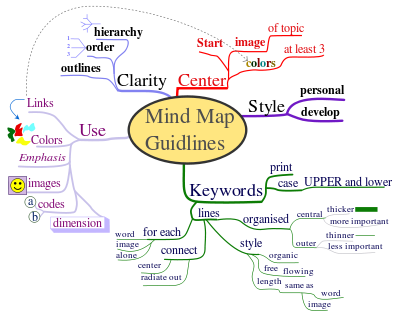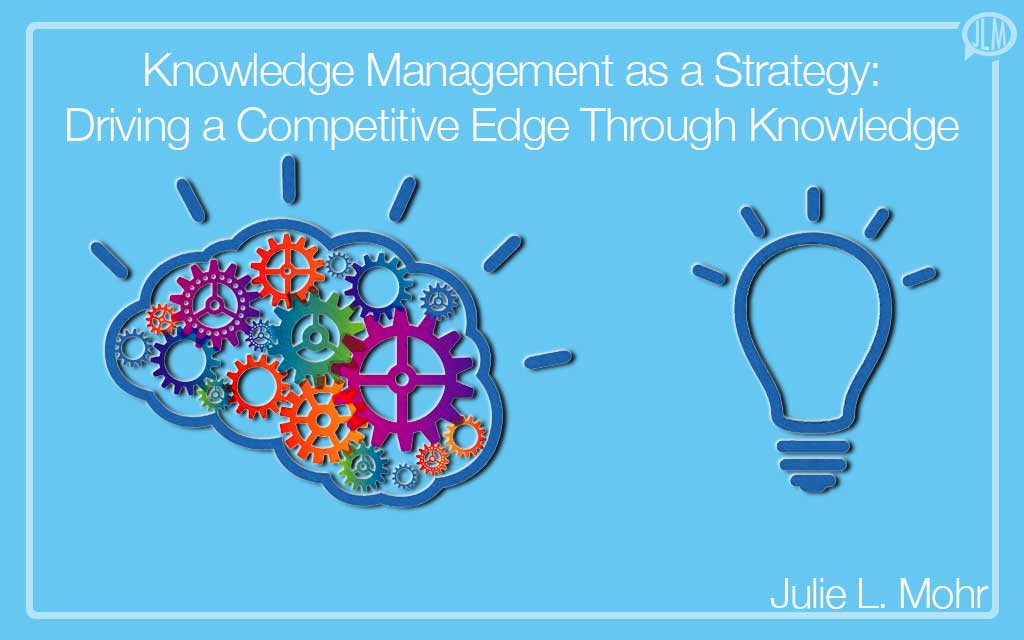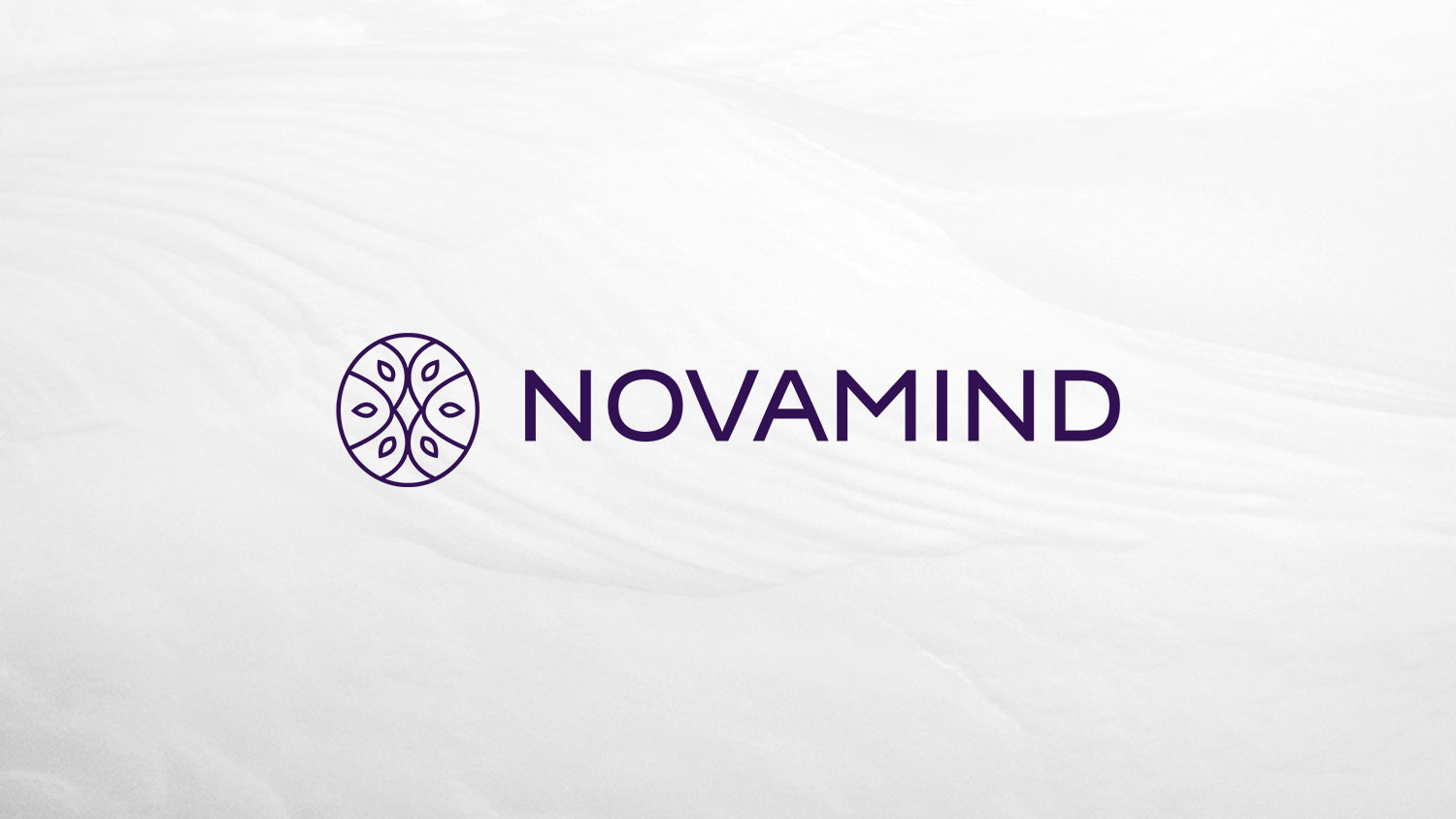

The difference is even more prominent in the views workers shared about obtaining information from repositories: Of those working for companies that prioritise knowledge transfer, 80 per cent found it easy or very easy to access repository information by contrast, among workers whose companies do not prioritise knowledge transfer, only 51 per cent found repository searching easy. Our survey showed that the share of workers who considered it easy or very easy to obtain information from colleagues is 23 percentage points higher among those who say they work in a company where enabling knowledge transfer is a major priority (figure 3). What can organisations do to generate trust in their knowledge systems and get the best out of them? The answer lies in shifting the company culture to place greater focus on knowledge transfer.


In some cases, this calls for a new working environment that will supercharge the value of knowledge and turn it into a key enabler. These numbers reinforce the need for organisations and teams to rethink the way they share data and make knowledge available. More than 60 per cent of our respondents said that post-pandemic the “capacity to adapt” will be the most important skill needed to thrive in the labour market, with “teamwork and collaboration” coming second (43 per cent). Strategies are needed to enable and motivate employees in this exchange. To help employees share knowledge and information in fluid ways, the implementation of technology alone is not enough. We forecast that the future of work will require new ways of collaborating and knowledge sharing, 3 a view echoed by the 68 per cent of European survey respondents who see facilitating knowledge transfer as a major priority in their organisations.Ī similar view was voiced by business leaders in our Global Human Capital Trends study: 75 per cent of surveyed organisations said that creating and preserving knowledge across evolving workforces is important to their success over the next 12 to 18 months. In Deloitte’s introductory article to the European Workforce Survey, we described how the post-COVID-19 workplace will retain the hybrid on-site and remote quality we are seeing now. They should consider the following questions: How can their employees gain knowledge more rapidly? How can they be quicker to build new capabilities for increasingly complex problems? And how can the organisation’s collective intelligence be used? Connecting the workforce with the power of knowledge 2 The time is ripe for business leaders to create a fluid flow of knowledge in their organisations. Workers see them as more innovative and more attractive for employment. For future success, organisations should shift their focus from knowledge capture to knowledge creation and transfer, and champion a knowledge-sharing culture as vehemently as they champion tools and platforms.Īccording to the results of the latest Deloitte European Workforce Survey, companies that prioritise knowledge transfer are perceived by employees as more competitive with respect to revenue growth and client satisfaction. And workforces have made it clear that they expect more from their employers. But Deloitte’s recent research has shown that technology alone will not be enough to harvest the value of knowledge management. They have a false sense of security, believing that technology will enable knowledge to be transferred, with platforms and tools helping dispersed teams stay connected. Some business leaders have not yet recognised that.


 0 kommentar(er)
0 kommentar(er)
